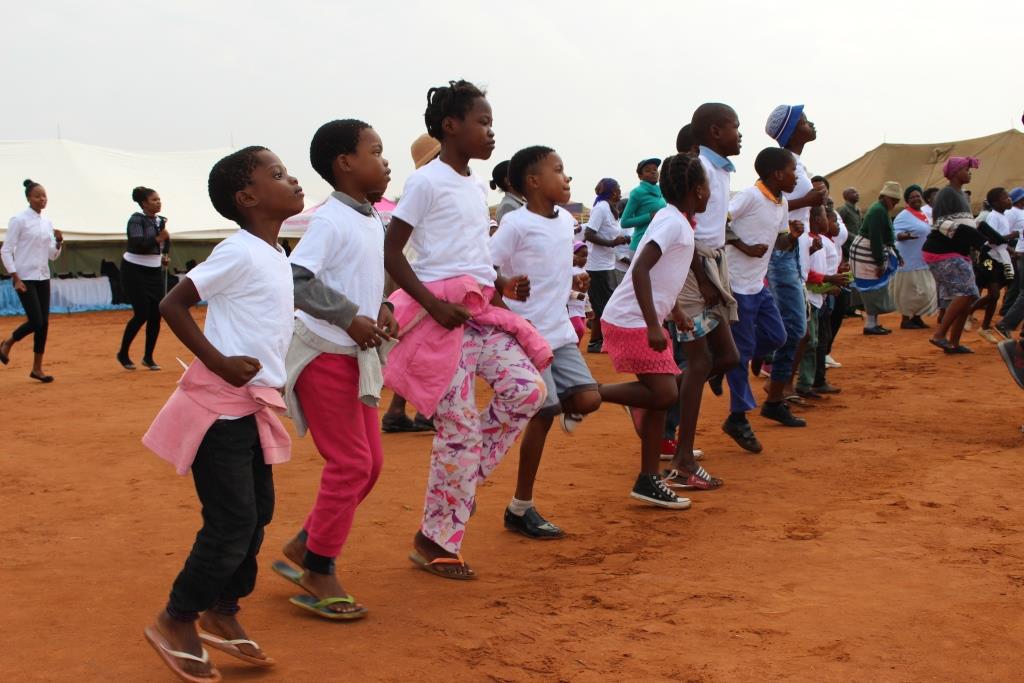
The second meeting of the Emergency Committee (EC) regarding yellow fever was convened by the Director-General under the International Health Regulations (2005) (IHR 2005) by teleconference on 31 August 2016, from 13:00 to 17:30 Central European Time.
The WHO Secretariat briefed the Committee on the status of, and response to, the outbreaks of yellow fever in Angola and the Democratic Republic of the Congo, on other countries reporting international spread or at high risk, and provided an update on the status of the global stockpile of yellow fever vaccine.
The following States Parties presented country updates to the Committee: Angola, the Democratic Republic of Congo (DRC), and the Republic of the Congo.
The Committee noted the concerted efforts and progress made by affected countries and partners to contain the yellow fever outbreaks in Angola and the DRC. No confirmed cases have been reported in Angola since 23 June and in DRC since 12 July. Despite there being no confirmation of cases
in the Republic of Congo to date, there was concern that intense population movements between the DRC and the Republic of the Congo pose a risk of expansion of the outbreak. The Committee was reassured to hear that the outbreak in Uganda is now over, and the imported cases in China and Kenya have not led to further transmission.
The Committee noted that the exceptional use of the fractional dose strategy for yellow fever vaccination during the recent campaign in Kinshasa, DRC, achieved very high population coverage. The impact of this campaign, including duration of immunity of the fractional dose, will now be assessed.
After discussion and consideration of the information provided, it was the view of the Committee that the current status of the yellow fever outbreaks in Angola and the Democratic Republic of the Congo does not constitute a Public Health Emergency of International Concern (PHEIC). However, despite the considerable progress made, the Committee concluded that the outbreak remains a serious public health event which warrants continued national action and international support. Furthermore, the imminent onset of the rainy season will intensify vector activity, thus raising subregional risks of yellow fever transmission.
Members of the Committee offered technical advice on immediate actions for the consideration of WHO and Member States in the following areas:
For affected countries (Angola and DRC):
- Further strengthening of surveillance and laboratory capacity, completion of mass vaccination, continuing risk communications, community mobilization, integrated vector control and case management measures.
- There should be thorough documentation of the operational aspects of the fractional dose campaign and sharing of interim results on the study on duration of immunity;
- Reinforcement of the need for yellow fever vaccination of all travellers, and especially migrant workers to and from areas with ongoing yellow fever virus activity.
Other advice:
- Strengthening of yellow fever vaccination as part of routine childhood immunization programmes where appropriate;
- The intensification of surveillance and preparedness activities, including verification of yellow fever vaccination in travellers, risk communications and strengthening of systematic cross border collaboration in at-risk countries, particularly countries having land borders with the affected countries;
- Further consideration should be given to a pre-emptive vaccination campaign in high-risk areas in the Republic of the Congo.
- WHO and partners must continue efforts to ensure a carefully planned and maintained yellow fever vaccine stockpile.
The Committee also emphasized the need to rapidly manage any new yellow fever cases, imported or locally acquired.
Going forward, the Committee welcomed the current revision of the global strategy for preventing urban yellow fever outbreaks, including a review of yellow fever vaccine security, in keeping with WHO’s assessment that the risk of such events is increasing.
Based on these views and the currently available information, the Director-General accepted the Committee’s assessment that the event does not constitute a Public Health Emergency of International Concern at this time but requires sustained scaled up response activities and close monitoring.
The Director-General thanked the Committee for its advice on priority actions for affected and at-risk countries, and on further yellow fever risk management work for WHO. The Director-General appreciated the concurrence of the Committee to be reconvened if needed.


